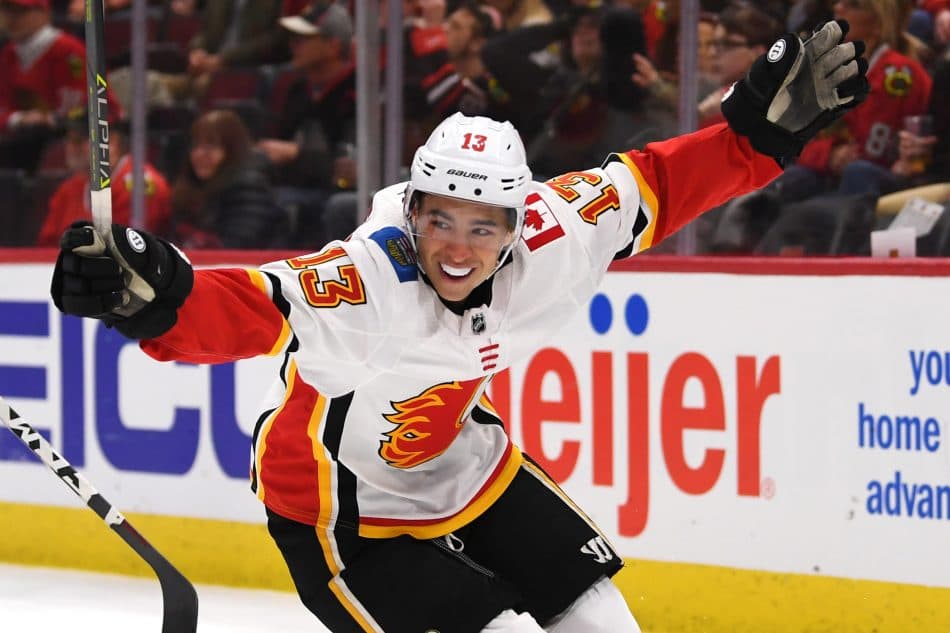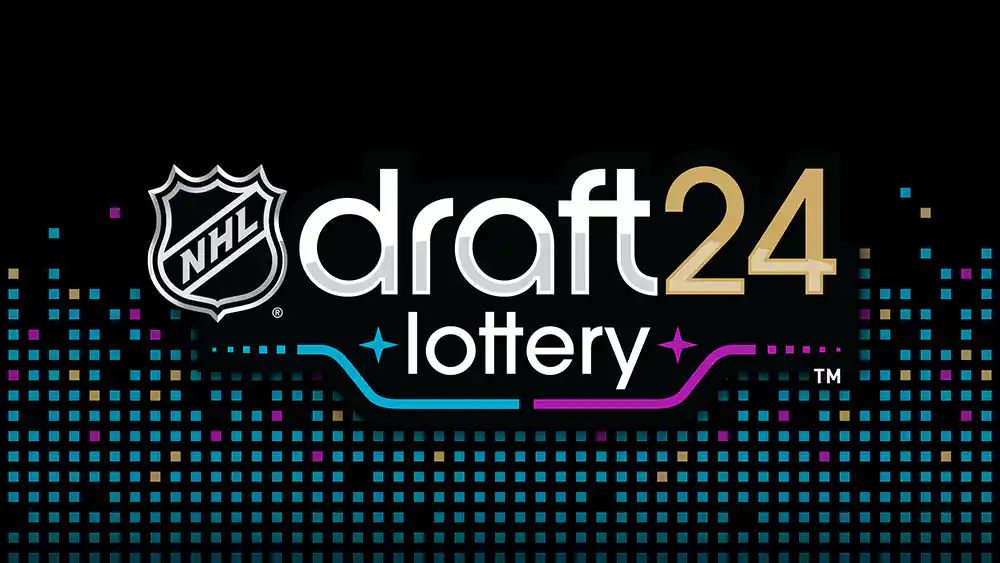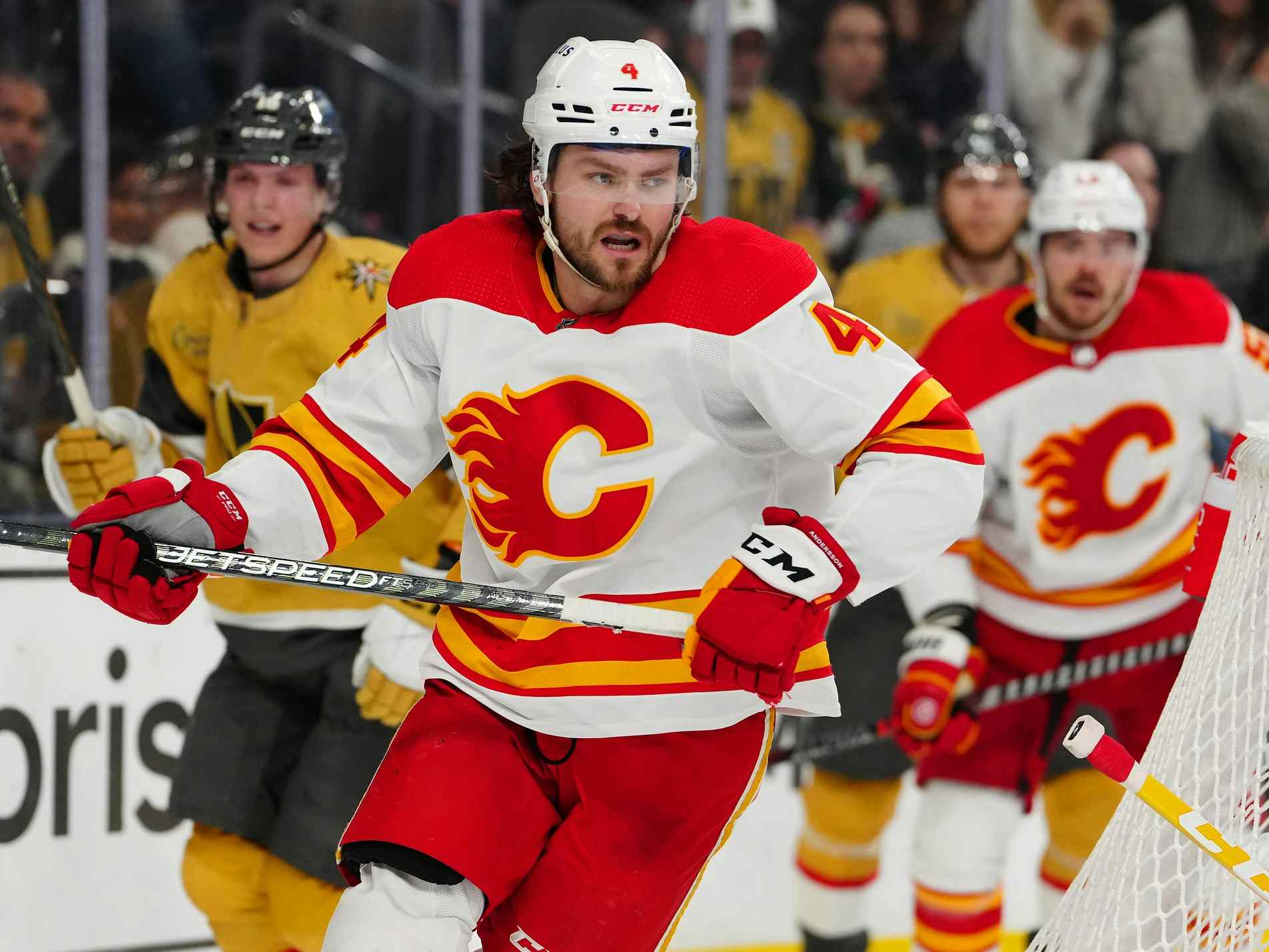Flames 3, Blackhawks 2 post-game embers: Two points is two points

By Ari Yanover
6 years agoThe Flames have played better in games they’ve lost, but with how tight things are, the end results are incredibly important, and this was the best possible outcome.
Reviews, reviews, reviews
It was kind of exhausting how many times the officials had to review whether goals counted or not, but I think in the end they made the right calls, all in all. Mike Smith did pull Ryan Hartman down with him, kind of taking himself out of the play, but Hartman wasn’t exactly an innocent party, either, and there was no reasonable expectation Smith could make the save. Also, he kicked Smith in the groin, which, what?
Two reviews were needed to sort this one out: first, was it kicked in, a la Anthony Duclair the previous game? (No, not even close.) Second, was it goaltender interference? Glen Gulutzan has been doing well on challenges this year – Scouting the Refs has him at a 100% success rate through Jan. 9 (I can’t recall him issuing any challenges between then and now, so I believe he’s still perfect on challenges) – and with the way goaltender interference has been going this season, hey, might as well challenge, right? Who even knows anymore?
I feel like they could have sorted this out faster, but I’m not sure how; two separate reviews would have to be conducted, no matter what. Though it was, perhaps, better for the Flames that things took so long: that’s a good way to dishearten the other team.
Then, there was the issue of a high stick which, courtesy of Mickey O in the post-game comments section, we can clearly see wasn’t an issue:
Will Johnny Gaudreau be retroactively rewarded the goal, giving him another point and taking away Micheal Ferland’s assist? He probably should be. As it stands, with a two point game, he has 61 points in 53 games: already reaching his total from last season, in 19 fewer games. He’s also tied for fifth in league scoring. If, however, he does get the goal, then 62 points would tie him for third in the NHL with Evgeni Malkin and Jakub Voracek.
Either way, he’s still on pace to score over 90 points, which would smash his previous career high of 78. He has also tied – or passed, depending on what happens – Mark Scheifele for fourth place in 2011 draft class scoring.
Powerplay’s broke
But we knew that.
The Flames’ penalty kill carried them through the night. Taking five penalties is never a good thing; only giving up one powerplay goal is impressive. It does beg the question, though: just what is wrong with Sam Bennett? Two bad penalties, and he’s lucky they didn’t end up costing his team. (A bit of a double whammy, in that he’s not a bad penalty killer himself.) Bennett leads the Flames with 20 penalties taken – that’s tied for 20th league-wide – but has only drawn 16 penalties himself.
Actually, much more disconcerting: Backlund has taken 19 penalties and drawn just two. The thing is, though, that Bennett isn’t providing the stellar two-way play Backlund does, nor is he providing the same level of scoring; his on-ice benefits have stagnated, and he’s just hurting when he takes penalties. The next two most frequent penalty takers – Dougie Hamilton and Mark Giordano – are in the Backlund camp of being exceptional two-way guys.
But I digress: the Flames had four powerplay opportunities, most notably a 1:40 five-on-three, and did absolutely nothing with them. Even worse, they didn’t look remotely threatening during the five-on-three, just passed the puck around and maybe take a point shot. What was that? How does a professional hockey team manage to look so passive in that situation?
How is it that this team can have a top five, maybe top three, scorer, and do nothing with him in the ultimate situation designed for him to score? Hamilton lead the Flames defence in points and is top five league-wide in shots by a defenceman, where was he?
The Flames’ powerplay has a success rate of 16.9%, tied with the Coyotes for eighth worst in the NHL, and apparently there’s no desire to fix it.
Ice time divvy up
Speaking of Hamilton, that he only played 18:58 throughout the game is just staggering, especially considering the other members of the top four all got over 20 minutes each, and Giordano and T.J. Brodie over 25 minutes.
A lot of that was penalty kill time, which Hamilton isn’t trusted with (although maybe he should be? He’s on the top defence pairing and still has a strong two-way game, so…), but that doesn’t really excuse that he only played 2:11 on the powerplay (which, again, sucks, and he’s the team’s highest scoring defenceman and leads in shots so maybe he should get more powerplay time just saying).
But okay, let’s level the playing field here, and look only at even strength ice time. Hamilton played 15:57 – shy of Giordano’s 16:31, Travis Hamonic’s 18:49, and Brodie’s 19:55. That’s where we pause, because… what is Brodie doing with so much ice time?
I like Brodie, even though he’s certainly had his fair share of struggles this season. He is, overall, a good defenceman. But he is not a top pairing guy, so that he’s still averaging three more minutes per game than Hamilton is just unacceptable.
Giordano, Brodie, and Hamonic had 26 shifts each; Giordano averaged 1:01 on his, Brodie averaged 0:59, and Hamonic 0:52. Hamilton, meanwhile, played 23 shifts – the drop in special teams usage explains that – but averaged just 0:49 per shift. I’m not sure if Brodie’s shifts were explicitly longer due to being caught out there more often, or if Hamilton is just significantly more efficient with his time, but that doesn’t exactly explain a four minute difference in ice time.
It isn’t news that Brodie is being overused, but… damn. It’s also apparently just not stopping.
The rare empty net goal
It feels like it goes against the Flames more often than not, but scoring a goal in the final minutes of the game to take the lead is a pleasant surprise. It’s so much more fun to watch the other team have to scramble to tie it up, while all the Flames have to do is play smart and hopefully score an empty net goal to put things away.
Empty net goals usually lead to multi-goal wins. That didn’t happen this time – because these are still the Flames, and why make things easy when you can just shoot yourself in the foot? Take that, Mike Smith’s still pretty good save percentage – but it was their fifth empty netter of the season.
The Flames only have 12 multi-goal wins this season: 44% of their 27 total wins. Of the remaining 15 wins, nine came in overtime or the shootout; the Flames have won six games by one goal in regulation, including this one. (For contrast, they’ve lost five games in regulation by one goal.)
And they still have a goal differential of -1. It should have at least been evened up after this game. They’ve gotta get better; if they’re lucky, this negative goal differential hole won’t take them as long to dig out of as ones earlier this season have.
Playoff spot? Eh
Because there wasn’t much reason to check in during their six-game slide, let’s take a look now. The Flames have a .585 points percentage, good for fourth in the Pacific, albeit just .002 points back of the Kings, who are one point back with a game in hand. They’re 10th in the West.
So technically, the Flames aren’t in a playoff spot – and they’ll have to keep winning on this road trip to try to fix that.
Recent articles from Ari Yanover




